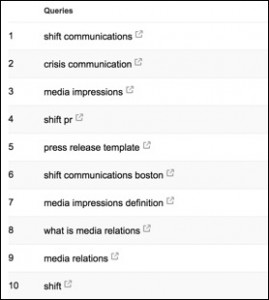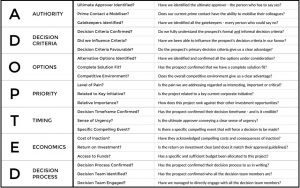— September 15, 2017
The first thing you need to keep in mind is the fact that the only way to see if your business idea is actually good is to share it with the world. Unfortunately, sometimes even the most ironclad idea will turn out to be a complete bust but, on the other hand, you may be surprised by the successfulness of your less impressive plan. Still, keep in mind that this kind of testing may turn out to be quite unforgiving and once you start on this road, there is no turning back. Luckily, there are five questions that can help you determine just how strong your idea is.

TeroVesalainen / Pixabay
1. Is the idea financially feasible?
First of all, it is vital that you are as realistic about the feasibility of your idea as possible. For instance, even if you have a billion-dollar idea that could potentially become huge in the business world, there is always a chance you won’t manage to gather enough funds to start in the first place.
According to various research, about 30 percent of all small businesses barely manage to break even, with only 40 percent being profitable soon after their launch. In fact, according to one estimate, for a startup to become fully self-sustainable, it can take somewhere between 6 months and 3 years. In other words, when looking for a great idea, what you also need is the idea that you will be able to launch and fund until it becomes profitable.
2. Is there a market for your business?
Another thing you need to ask yourself is the question of whether there is a market for your product in the first place. You can start by looking into your business niche and trying to figure out what the average revenues are in this particular category. While this may be a bit harder to dig up, you could at least look into how many competitors are out there currently. Still, even these two things can be quite misleading because some markets are fairly new, while others are static and mature. Usually, new markets are more welcoming towards newcomers.
One particular ‘problem’ you can encounter here is the situation where you are one of the first businesses in the field. Therefore, the research you have to conduct prior to launching has to be a bit more speculative but also has a potential of being more rewarding. Being first in the niche has its perks, like allowing you to dictate prices and set standards for others to follow.
3. How are you different?
The particular problem that most businesses experience when entering a new niche lies in the fact that they tend to blend in with the crowd and therefore get lost in a myriad of identical voices. One particular problem with this is that all your competitors already have a well-established network of contacts, business logistics and even a regular client base.
In other words, if you intend to win over a fair share of the market, you need to be clear about what you are about to do differently. Sometimes, this differentiation will consist of better prices, in other situations it will revolve around a better service or an innovative marketing campaign. Either way, this needs to be something you should worry about now rather than later.
4. Can it be described in 25 words or less?
There is a proverb that says that all the best ideas are the simplest ones. Because of this, one of the most reliable ways to check just how good your idea is, is to try and frame it in 25 words or less. While some may frown upon the idea that this approach tends to be overly simplistic in nature, no one expects you to lay out your entire business plan in a single sentence. Furthermore, potential investors simply love it when you are able to describe your idea as simplistically and directly as possible. In other words, this can serve as a good practice for any presentation you might plan in the future.
5. What are your greatest limits or drawbacks?
Finally, while no one starts business planning for the worse, it is often best if you already know what your biggest problems are going to be. This means that you should be well aware of all the greatest downsides of your business idea. For instance, is it the problem of securing cash flow, the problem of scaling up or foreseeable incompatibility with potential partners. Either way, knowing what your weak spots are will allow you to play on your strengths or even find a way to overcome some of the weaknesses.
Conclusion
As you can see, with these five simple questions, you can get a basic idea of how good your business idea actually is. Of course, it goes without saying that in practice, most of these might turn out to be completely opposite from what you initially anticipated but this shouldn’t startle or alarm you. As the last piece of advice, make sure to sleep on your idea because, over the course of time, your initial enthusiasm might fade away and you may gain a more accurate insight into its potential.
Business & Finance Articles on Business 2 Community
(69)
Report Post







